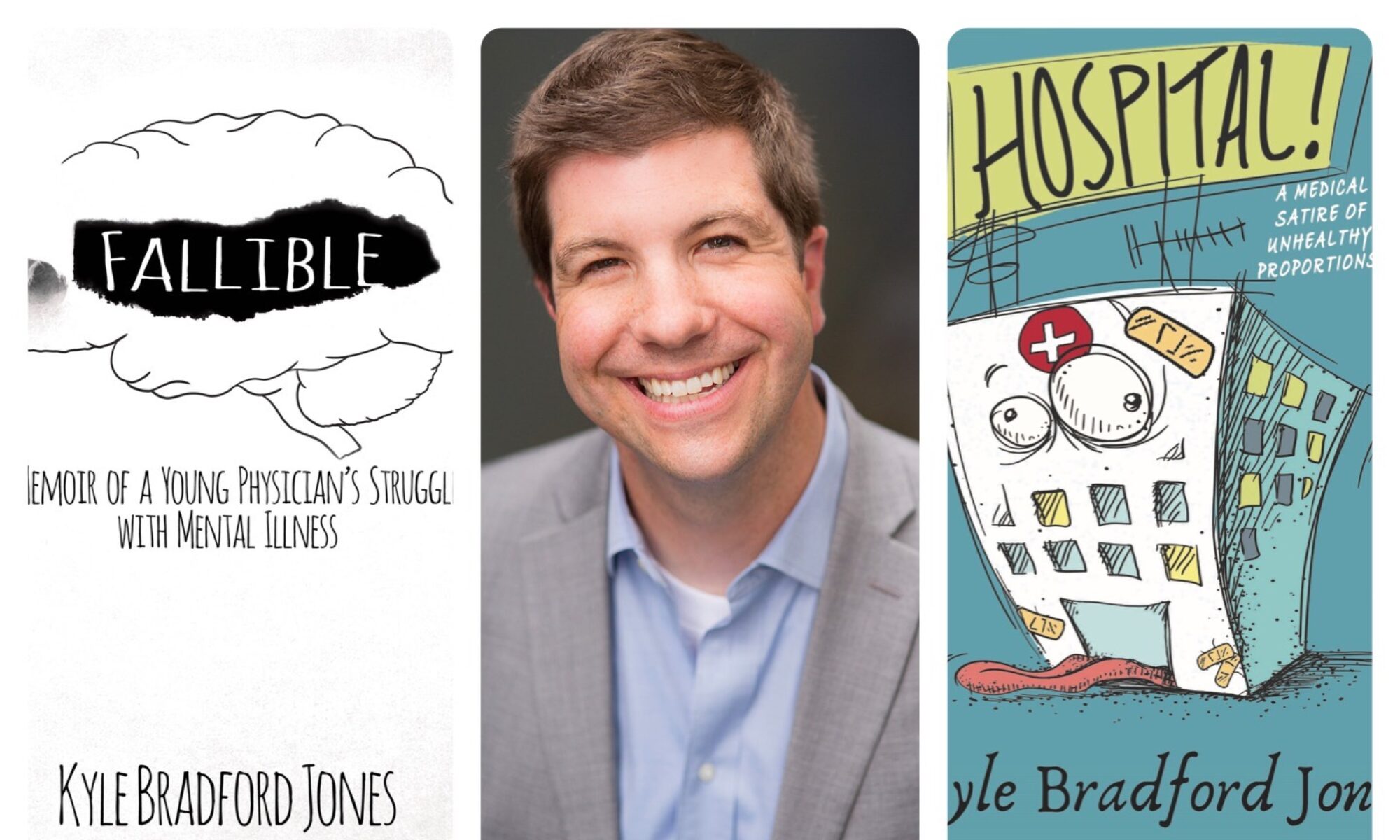New York, NY—Donald Trump, successful businessman presumptive Republican nominee for President, recently met with his plastic surgeon to discuss a hair transplant procedure. After evaluating Mr Trump, his surgeon, Dr Norman Drumpf, found that his abrasive personality and multiple bigoted quips make him a poor surgical candidate for the procedure.
“You really need to have a positive, happy attitude for this procedure to be successful,” said Dr Drumpf, a cousin to Mr Trump. “Racially insensitive remarks and overall douchie-ness negatively impact scalp health and may render the entire procedure a failure. On the other hand, his current hair condition is in such a state that it may be considered an emergent procedure instead of elective. However, I feel the negatives far outweigh the positives in this case.”
Dr Drumpf had been encouraging Mr Trump for months to change his temperament prior to the procedure. Mr Trump initially fought it, repeatedly challenging the notion that his personality was too difficult to make him a poor surgical candidate. At the most recent visit, he denied ever having questioned the surgeon’s recommendations and declared that he was fully ready for the procedure.
“I kept reiterating the absolute necessity of an optimistic approach to life for this to work. At the last visit, he initially demanded that I get out of the office, even though it was in my own clinic. He then shouted that he would sue me for slander, but I strictly follow HIPAA, so I couldn’t understand his frustration.”
Mr Trump then yelled obscenities at Dr Drumpf in front of other patients and staff as he stormed out of the office.
“I’m afraid his behavior in the office merely epitomized the reason that he is such a poor candidate.”
Mr Trump could not be reached for comment.
